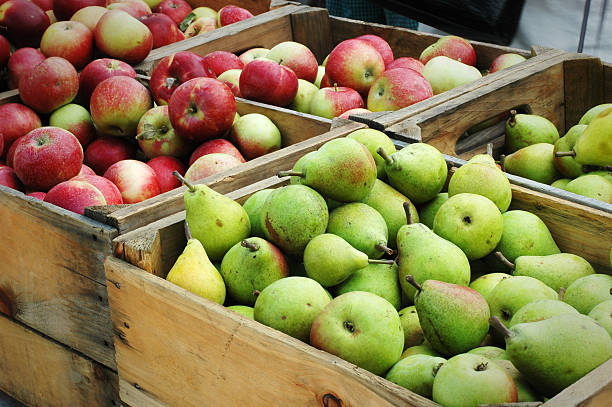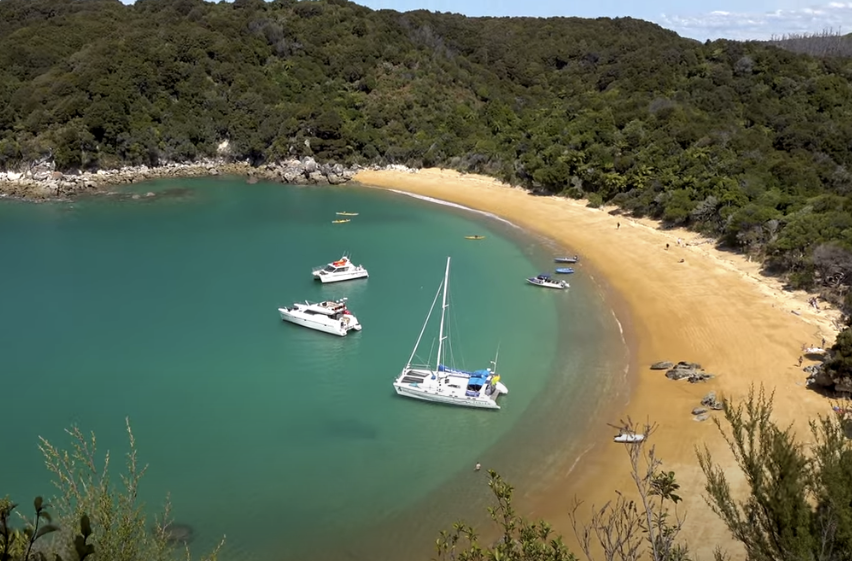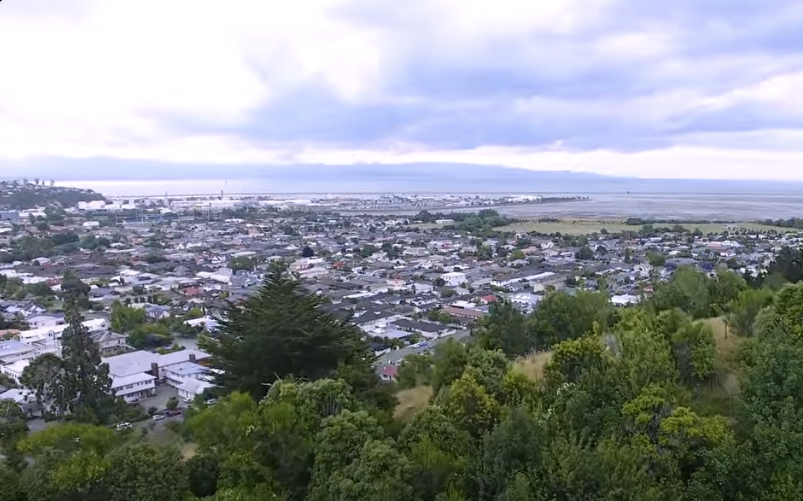New Zealand, a land known for its stunning landscapes and diverse climates, offers a unique variety of weather patterns across its territories. Among these, the title for the sunniest place in NZ is highly coveted. This article delves into where this sunny crown rests, exploring the factors that contribute to its radiant climate and how it influences local life and tourism.
Identifying the Sunniest Place in NZ: A Climate Overview
The sunniest place in NZ is Nelson, situated at the top of the South Island. Nelson consistently outshines other regions in terms of sunlight hours, making it a top destination for sun-seekers. According to meteorological data, Nelson enjoys about 2,500 hours of sunshine annually. This abundance of sunlight is due to its geographical position, shielded from the west and south by mountain ranges that reduce cloud cover and rainfall. Below are the weather patterns in Nelson:
Summer (December – February)
During summer in Nelson, average maximum temperatures hover around 22°C, with January often seeing highs of 24°C. The region enjoys long daylight hours and clear skies, making it ideal for outdoor activities such as hiking, beach outings, and water sports.
- The long daylight hours in summer allow for extended outdoor activities.
- Clear skies enhance visibility and create optimal conditions for exploring Nelson’s natural attractions.
Winter (June – August)
Winter in Nelson is cooler but remains mild compared to many other regions, with average daytime temperatures ranging from 12°C to 14°C. While rainfall increases slightly during these months, the region’s temperate climate continues to attract visitors seeking quieter experiences and indoor attractions.
- Mild winter temperatures make it comfortable for exploring indoor attractions like galleries and museums.
- The region’s temperate climate supports a variety of winter activities, including cozy dining experiences and cultural events.
Table: Average Monthly Sunshine Hours in Nelson
| Month | Sunshine Hours |
| January | 250 |
| February | 235 |
| March | 210 |
| April | 190 |
| May | 170 |
| June | 140 |
| July | 150 |
| August | 165 |
| September | 180 |
| October | 220 |
| November | 230 |
| December | 240 |
Lifestyle and Activities Influenced by Sunshine
Nelson, renowned for its abundant sunshine, fosters a vibrant outdoor culture and supports a diverse range of activities that capitalize on its favorable weather conditions. This coastal city on the South Island of New Zealand attracts residents and visitors alike, offering a plethora of outdoor adventures and cultural experiences year-round.
Outdoor Recreation
Nelson’s temperate climate and picturesque landscapes make it an ideal playground for outdoor enthusiasts. From leisurely strolls to adrenaline-pumping adventures, there’s something for everyone:
- Hiking and Cycling: The region boasts an extensive network of trails, including the popular Nelson Tasman Great Taste Trail. This scenic route winds through vineyards, coastal paths, and native forests, offering breathtaking views of the surrounding mountains and coastline.
- Water Sports: With its proximity to Tasman Bay, Nelson is a haven for water lovers. Kayaking, paddleboarding, and sailing are popular activities here, allowing enthusiasts to explore secluded beaches, marine reserves, and offshore islands bathed in sunlight.
Arts and Festivals
Nelson’s sunny climate not only encourages outdoor recreation but also enhances its vibrant arts and cultural scene. The city’s creative spirit is celebrated through various events and festivals:
- Nelson Arts Festival: Held annually, this festival showcases a rich tapestry of local and international talent. Set against the backdrop of Nelson’s sunny skies, the event features performances ranging from music and dance to theater and visual arts. Outdoor venues amplify the festive atmosphere, attracting art lovers and performers alike.
Impact on Local Agriculture

This region on New Zealand’s South Island benefits from optimal growing conditions, fostering a robust horticultural industry that contributes significantly to both the local economy and national agricultural output.
Key Agricultural Products
Nelson’s agricultural landscape is characterized by its diverse range of products, with fruits and hops standing out as key contributors:
- Apples and Pears: The region’s orchards produce premium-quality apples and pears, favored for their taste and texture. Nelson’s ample sunshine and fertile soils provide ideal conditions for fruit cultivation, resulting in abundant harvests that meet stringent international standards. These fruits are not only enjoyed locally but also exported worldwide, bolstering New Zealand’s reputation as a producer of top-tier agricultural products.
- Hops: Nelson is renowned as one of New Zealand’s foremost hop-producing regions, thanks in large part to its sunny climate. Hops, essential for brewing beer, thrive in Nelson’s optimal growing conditions, characterized by long hours of sunlight and mild temperatures. The region’s hop growers cultivate several varieties prized for their aromatic qualities, contributing significantly to the local brewing industry’s success. Nelson’s hops are sought after by breweries across the country, enhancing the flavor profiles of craft beers and commercial brews alike.
Economic and Cultural Significance
The impact of sunshine on Nelson’s agriculture extends beyond economic benefits:
- Economic Contribution: The agricultural sector, driven by fruits and hops, plays a crucial role in Nelson’s economy. It provides employment opportunities, supports local businesses, and generates revenue through exports. The consistent supply of high-quality agricultural products sustains a thriving market both domestically and internationally, reinforcing Nelson’s reputation as a hub of agricultural excellence.
- Cultural Identity: Agriculture, deeply rooted in Nelson’s history and culture, contributes to the region’s identity. The cultivation of fruits and hops reflects a legacy of agricultural innovation and sustainability, with local farmers and growers adopting practices that harness the natural advantages of Nelson’s sunny climate. This cultural connection to the land is celebrated through festivals, markets, and community events that highlight the region’s agricultural heritage.
Environmental Sustainability
Nelson’s agricultural practices are increasingly focused on sustainability and environmental stewardship:
- Natural Resources: The region’s abundant sunshine, coupled with careful water management and soil conservation practices, supports sustainable agriculture. Farmers in Nelson prioritize resource efficiency and biodiversity conservation, ensuring that future generations can continue to benefit from the land’s natural abundance.
Tourism and the Economy

The region’s pleasant weather, characterized by abundant sunshine throughout the year, attracts tourists seeking outdoor adventures, cultural experiences, and relaxation in a picturesque setting.
Tourist Attractions
Nelson’s appeal to tourists is enhanced by its diverse range of attractions, which capitalize on its sunny climate and natural beauty:
- Abel Tasman National Park: Located nearby, this national park is a premier destination for outdoor enthusiasts. Its stunning beaches, crystal-clear waters, and lush coastal forests are best explored under Nelson’s sunny skies. Visitors can hike scenic trails, kayak along the coastline, or simply relax on pristine sands, enjoying the warmth and natural beauty that define the region.
- Nelson Market: Held weekly, the Nelson Market is a vibrant hub where local artisans, craftsmen, and farmers converge to showcase their products. Set against the backdrop of Nelson’s sunny weather, the market offers a lively atmosphere where visitors can browse handmade crafts, sample gourmet treats, and engage with the community. The market’s eclectic mix of goods reflects Nelson’s creative spirit and commitment to local entrepreneurship, making it a must-visit for both tourists and locals alike.
Economic Contribution
Tourism significantly bolsters Nelson’s economy, generating revenue and employment opportunities across various sectors:
- Local Businesses: The influx of tourists sustains a thriving ecosystem of local businesses, including accommodations, restaurants, retail shops, and tour operators. These enterprises cater to the diverse needs of visitors, from boutique accommodations overlooking the bay to cozy cafes serving fresh, locally sourced cuisine. Nelson’s sunny weather enhances the appeal of outdoor dining and recreational activities, encouraging tourists to explore and spend within the community.
- Cultural Exchanges: Tourism fosters cultural exchanges and enriches Nelson’s cultural landscape. Visitors from around the world immerse themselves in the region’s arts, history, and traditions, participating in festivals, art exhibitions, and guided tours that showcase Nelson’s unique identity. The sunny climate creates an inviting backdrop for outdoor events and festivities, enhancing the overall visitor experience and fostering a sense of community engagement.
Sustainable Tourism Practices
Nelson prioritizes sustainable tourism practices to preserve its natural resources and cultural heritage:
- Environmental Stewardship: Stakeholders in Nelson’s tourism industry collaborate to promote responsible travel practices. Initiatives focus on conservation efforts, waste reduction, and the preservation of natural habitats, ensuring that future generations can continue to enjoy the region’s pristine landscapes and biodiversity.
Conclusion
Nelson not only holds the title of the sunniest place in NZ but also demonstrates how an abundance of natural light can shape a region’s lifestyle, economy, and environment. Whether it’s through fostering a rich cultural scene or supporting a diverse agricultural sector, the impacts of being the sunniest place in NZ are profound and far-reaching, making Nelson a luminous gem in New Zealand’s scenic crown.
FAQ
A: Summer months (December to February) offer the most sunshine, making them ideal for visiting.
A: Nelson consistently ranks as the sunniest place in NZ, with more sunshine hours per year than most other regions.
A: Yes, increased sunlight can improve mood and Vitamin D levels, although it’s important to manage sun exposure to avoid the risks of skin damage.
A: The abundant sunshine supports diverse ecosystems, particularly in coastal areas where sunny climates contribute to rich marine life.
A: While the sunshine is mostly beneficial, it can sometimes lead to drought conditions, especially during prolonged periods of low rainfall.
